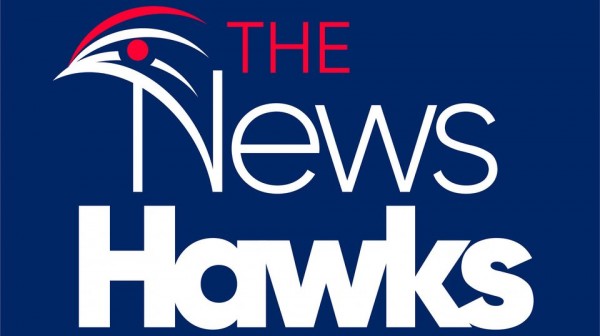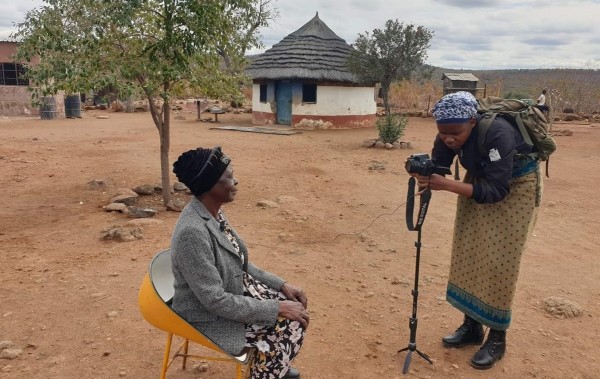His Excellency President Robert Mugabe
Office of the President
Causeway, Harare
Zimbabwe
Fax: +263 4 728 799 / 708 820 / 734 644
Vienna, 26 November 2001
Your Excellency,
The International Press Institute (IPI), the global network of editors, leading journalists and media executives, condemns in the strongest possible terms the accusation by the government of Zimbabwe that correspondents are colluding with terrorists.
According to information provided to IPI, on 23 November, the state-owned Herald newspaper quoted a government spokesperson who said that a number of journalists supported terrorism in Zimbabwe. The spokesperson then named the following six journalists and a human rights campaigner as the alleged supporters, Jan Raath of The Times, Peta Thornycroft of The Telegraph, Andrew Meldrum of The Guardian, Basildon Peta of The Independent News Group, Associated Press’s Angus Shaw, Dumisani Muleya of South Africa’s Business Day and Richard Carver, a human rights campaigner based in South Africa.
Concerning the spurious claim that a number of journalists reporting in Zimbabwe are aiding terrorists, IPI believes that the government is displaying a blatant disregard for the lives of journalists; moreover, the ill-considered and thoughtless statement will only serve to increase the tension in the country. IPI would remind Your Excellency that, in other countries, the practise of linking journalists to terrorist organisations has led to journalists being attacked and prevented from pursuing their professional duties. In Sri Lanka, the government has regularly denounced journalists as “traitors” and “collaborators” and this has forced journalists into hiding in fear of their lives.
Aside from the reckless endangerment of journalists’ lives, IPI is also deeply concerned that, by linking journalists to terrorists, the government is laying down the foundations for the application of the proposed Public Order and Security Bill against the media. The Bill is intended to replace the Law and Order maintenance Act and contains a number of repressive provisions designed to deal with “insurgency, banditry, sabotage, terrorism, treason and subversion”. In addition, the Bill outlaws the publication and communication of “false statements prejudicial to the state or that incite public disorder, violence, affect the defence and economic interests of the country or undermine public confidence in the security forces”.
With regard to the government’s overwhelming desire to control the free flow of information, IPI would remind Your Excellency that it is not possible to “ring fence” the truth, nor is it possible to suppress the expression of opinion. By pursuing the goal of silencing the critical media, the government is revealing its deep-seated contempt for democracy and the very institutions in Zimbabwe that support this process.
Therefore, IPI would invite Your Excellency to repudiate the statements made by the spokesperson and affirm the right of the media to report freely in Zimbabwe. We would also remind you that, on several occasions, the government of Zimbabwe has made an express commitment to freedom of expression and IPI would invite you to honour these promises, free of the rancorous and vitriolic language which has so far characterised Your Excellency’s dealings with the media.
We thank you for your attention.
Yours sincerely,
Johann P. Fritz
Director


